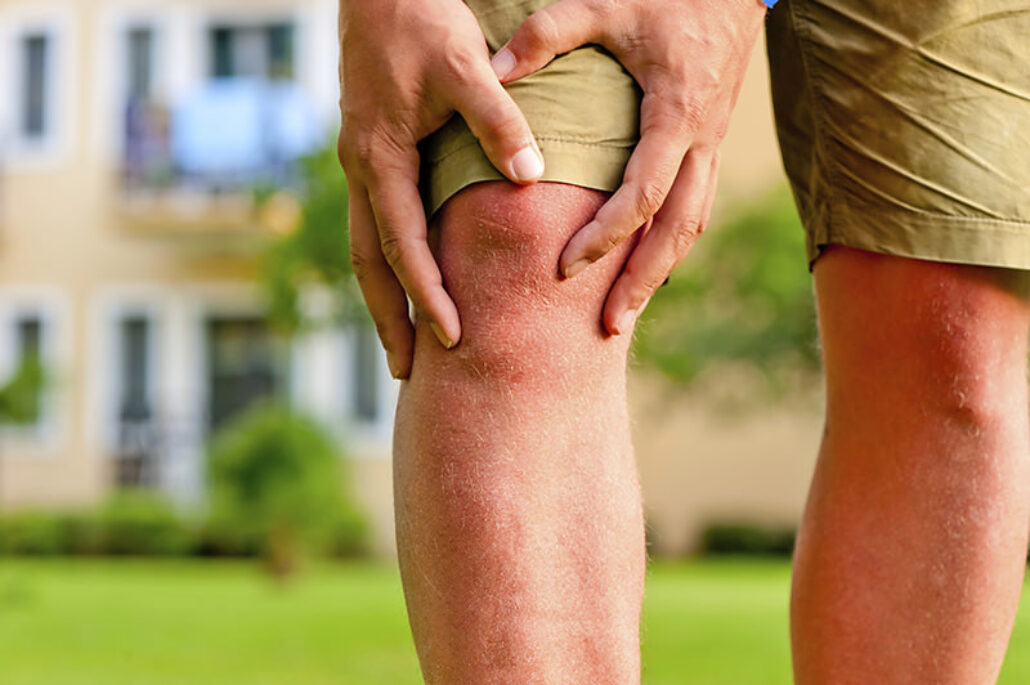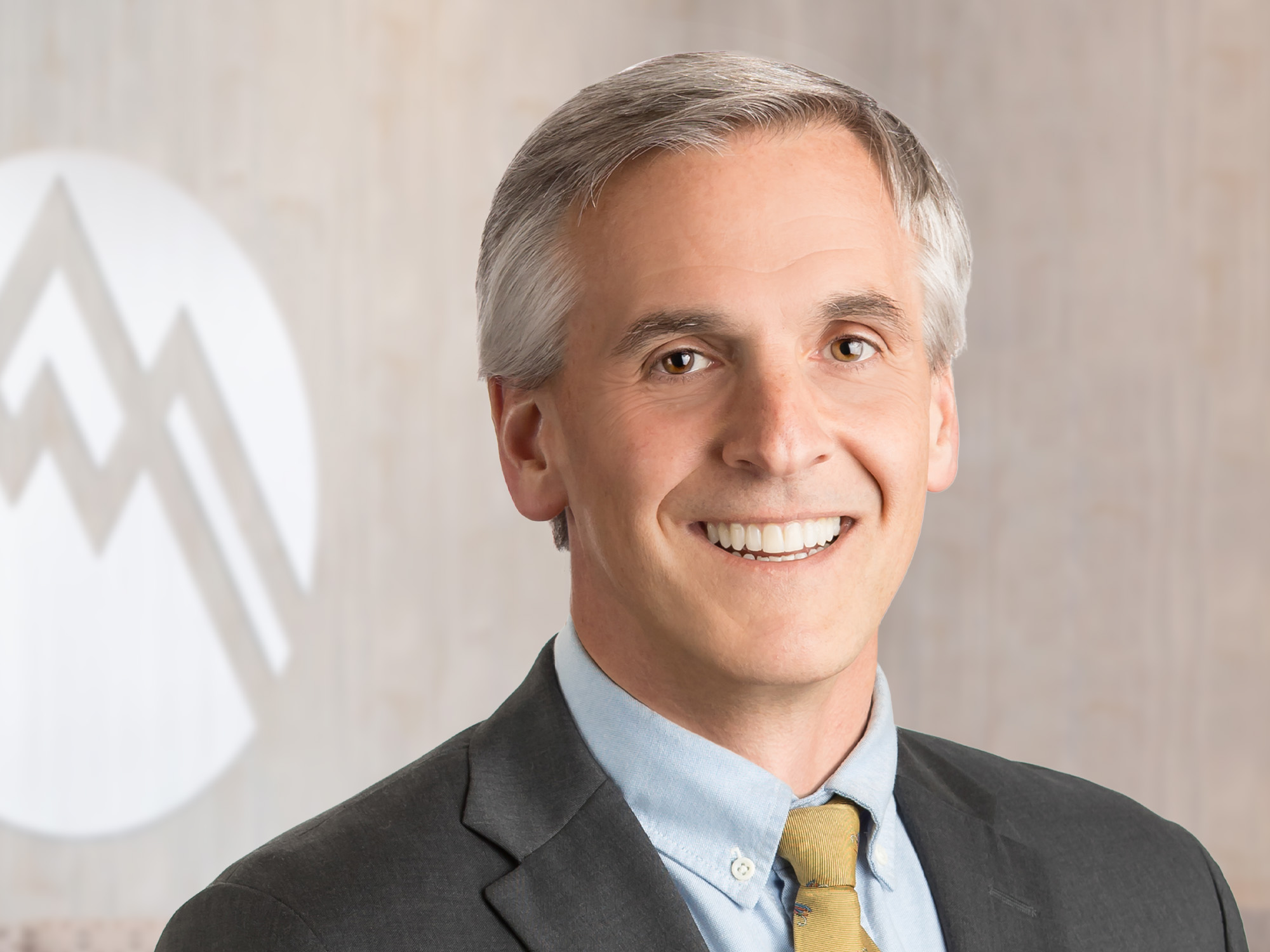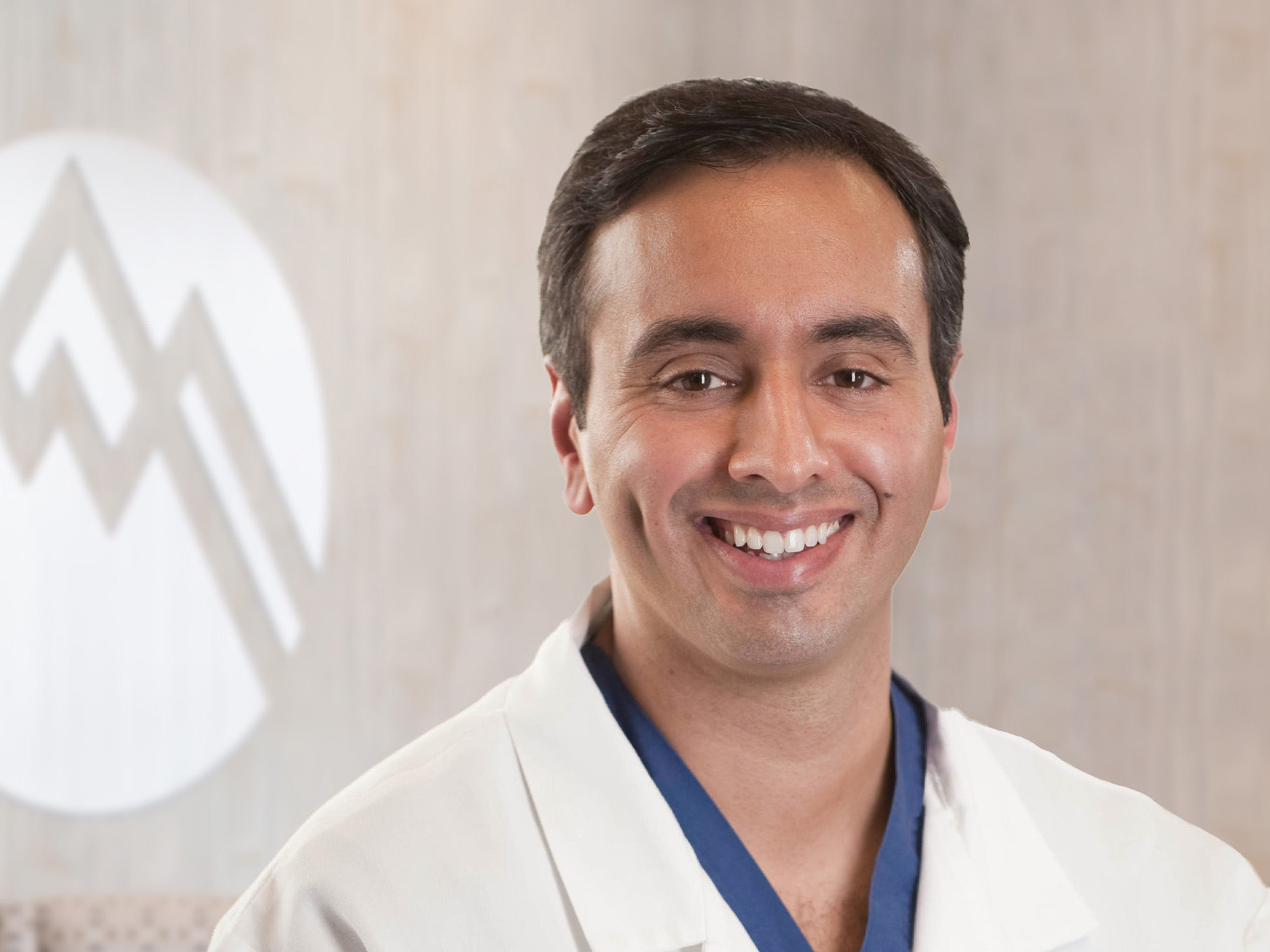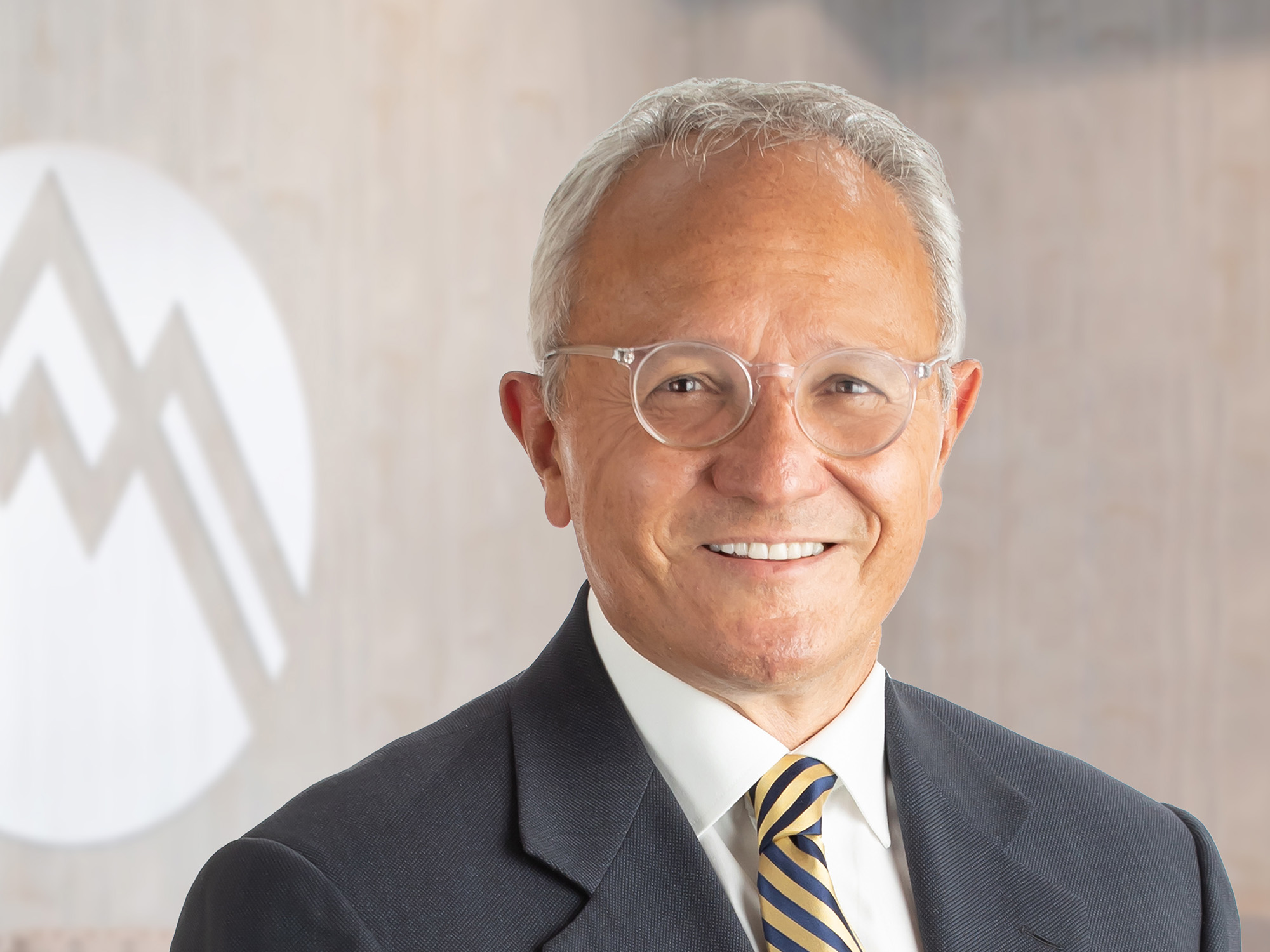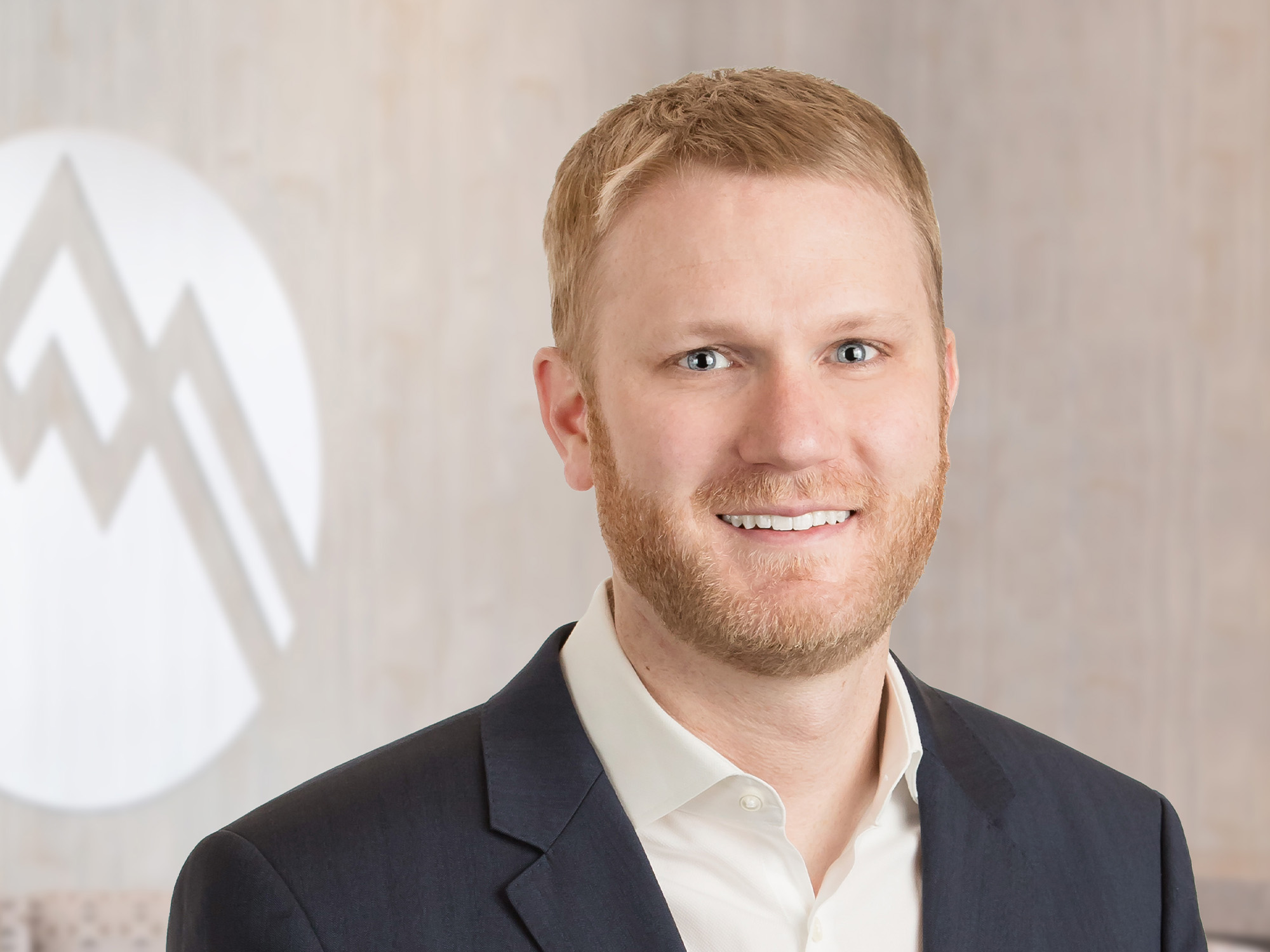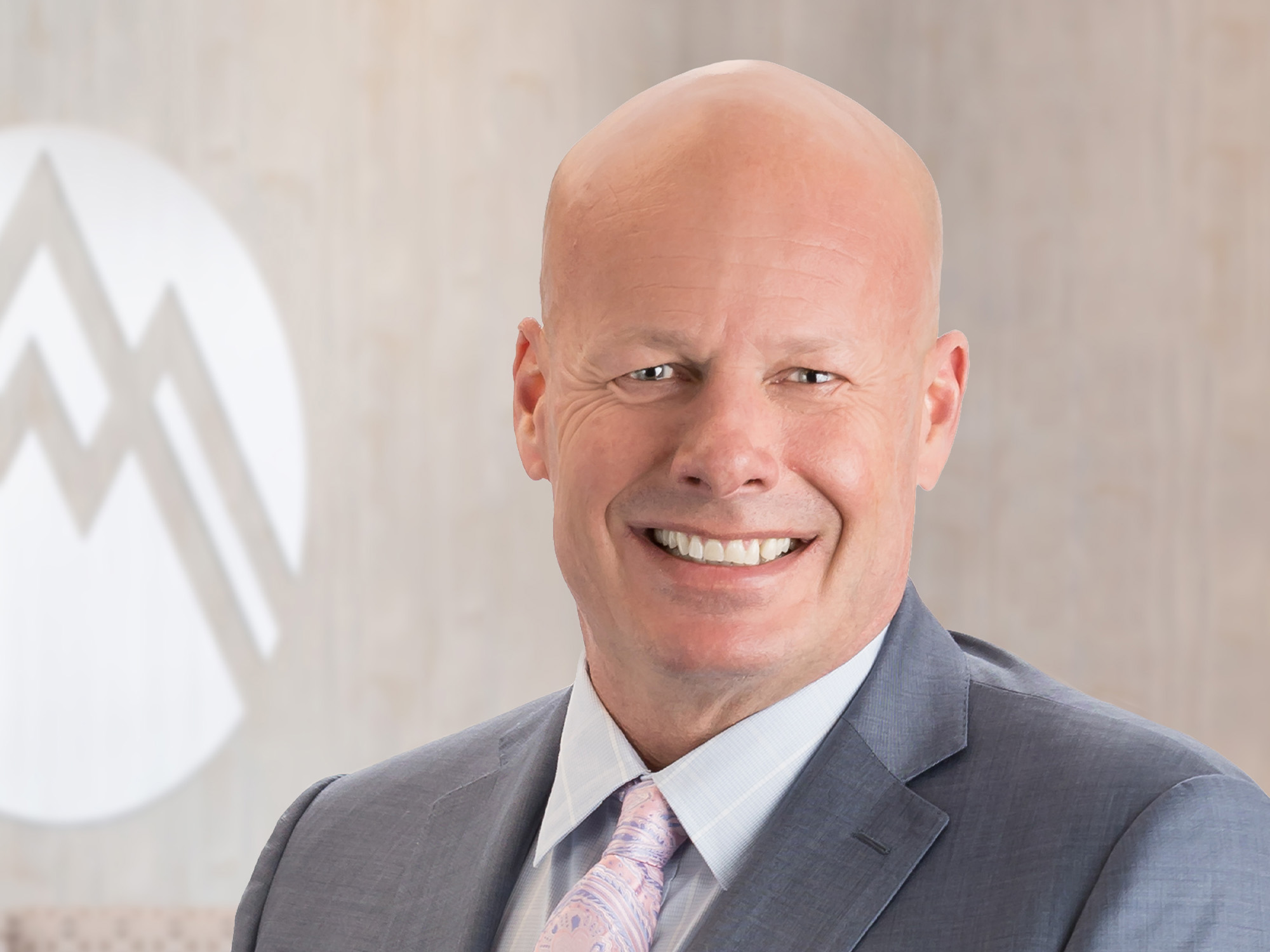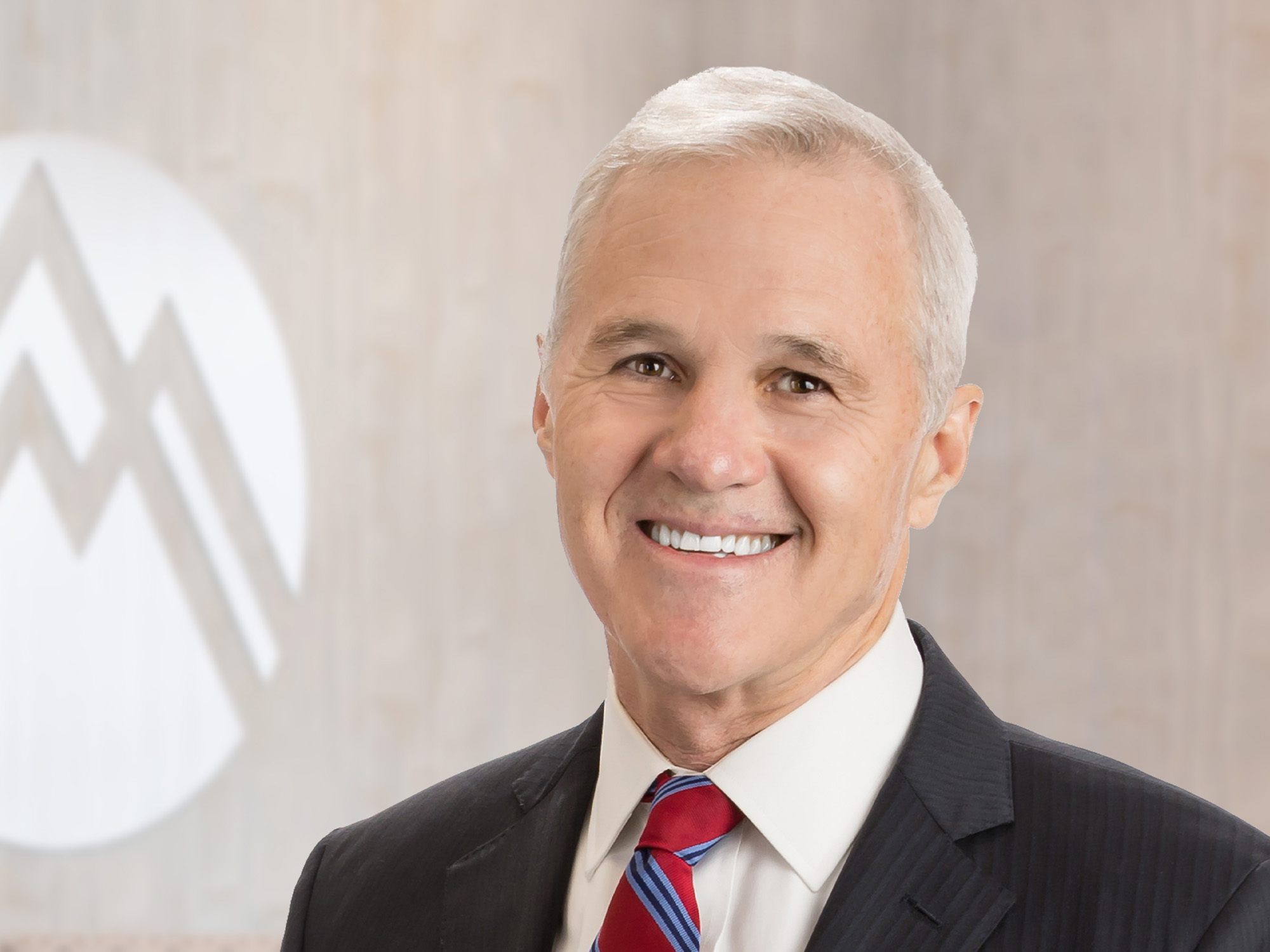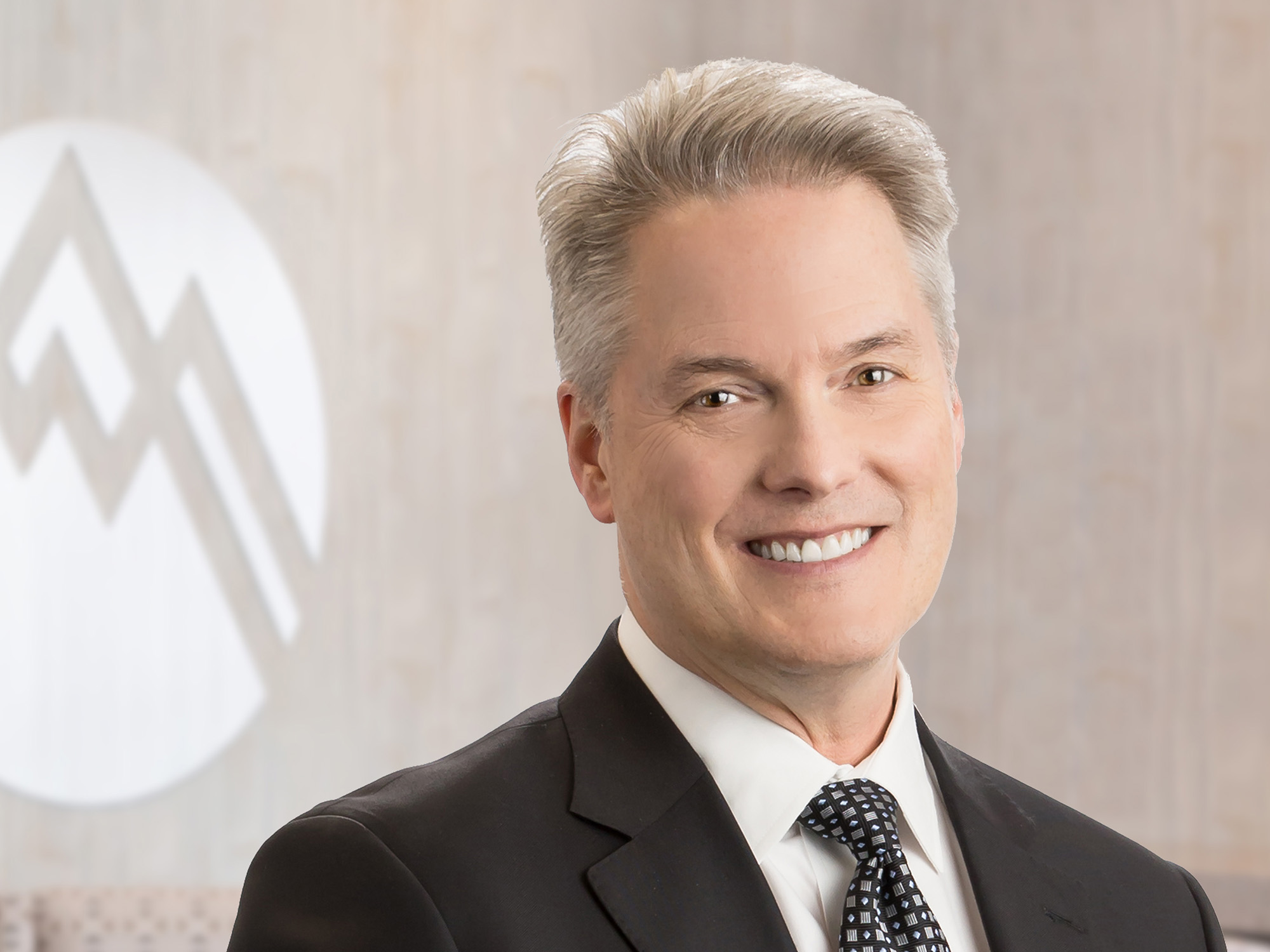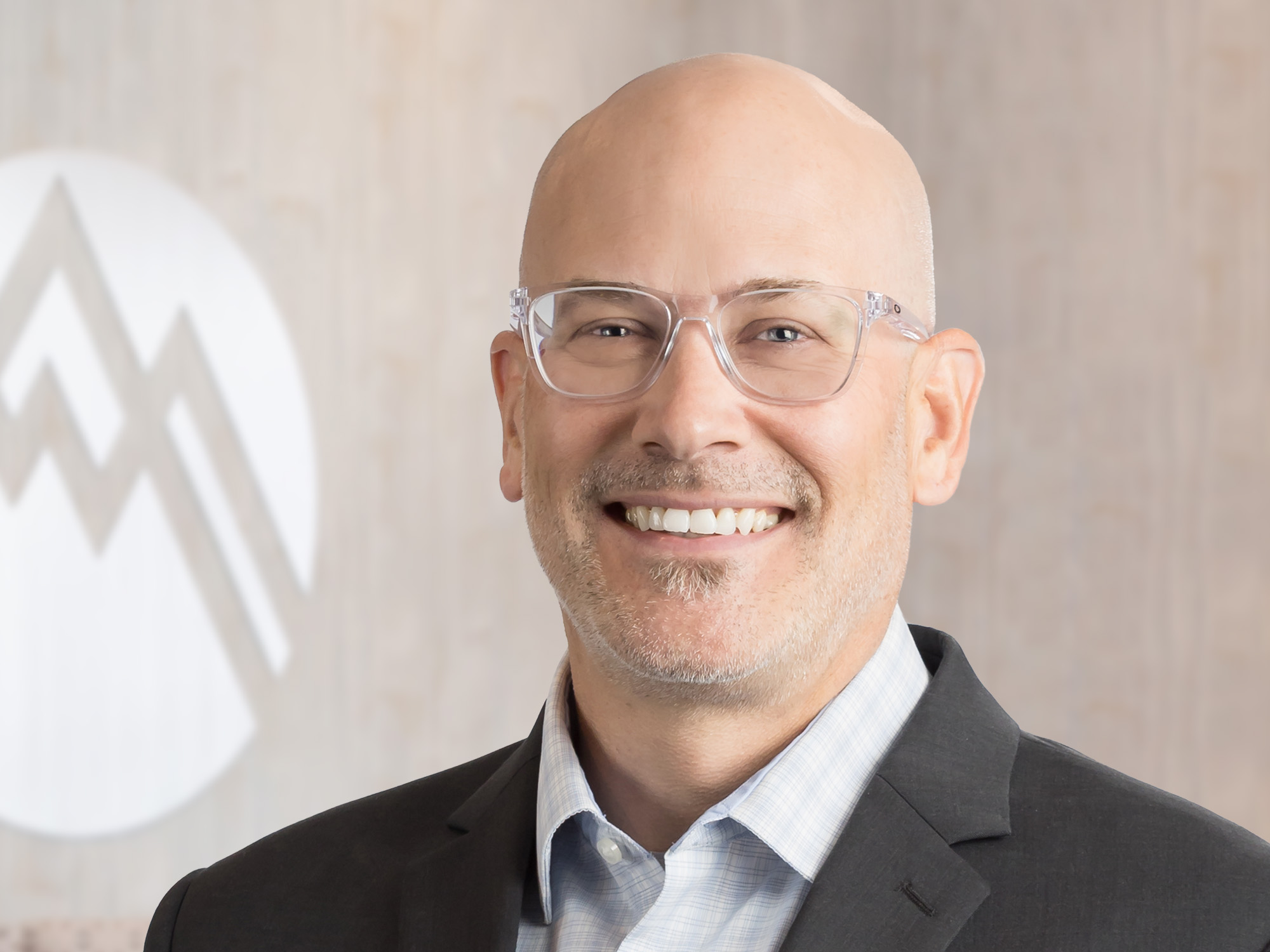Twenty-one million Americans have osteoarthritis, and medicine offers a variety of conservative non-operative treatments to help patients manage their condition.
Thirty years ago, the best treatment available for many patients with knee arthritis was aspirin and a cane. Today, we have developed and researched an array of non-surgical techniques to alleviate pain and disability. An osteoarthritis diagnosis need not necessarily lead to deterioration and disability. Conservative non-surgical management of this disease can provide symptomatic relief and even modify the course of the disease.
Early diagnosis is key to successfully managing an affected knee and minimizing the deterioration of the joint. Recently, the American Academy of Othopaedic Surgeons (AAOS) reviewed the evidence based conservative treatments for osteoarthritic knee joints, did a comprehensive evaluation of available scientific studies, and made recommendations based on the strength of each treatment’s outcomes.
We’ve listed the treatments identified by the AAOS as most effective, but it’s important to remember that a physician’s best judgment and a patient’s circumstances are also important in deciding on a course of treatment. Any treatment program should be determined in consultation with your physician.
- Strength training and low-impact aerobic exercises: Strong recommendation. Physical activity is given a high AAOS recommendation. It is important, however, that an orthopedic surgeon, sports medicine physician, or physical therapist guides exercises, because the wrong exercises can place undue stress on the knee. Patients involved in exercise studies demonstrated important improvements in pain, stiffness, and function.
- Weight loss: Moderate recommendation. A healthy body weight reduces the stress on the knee joint, and provides overall health benefits. Patient outcomes were best when a healthy diet was combined with exercise.
- Other non-surgical conservative treatments did not deliver outcome improvements for patients, and the AAOS recommends against their use. The treatments discouraged by the AAOS include acupuncture, electrotherapeutic treatments, and use of glucosamine and chondroitin.
Medical research is constantly improving care outcomes and exploring even better treatments. We will continue to keep you informed about the most recent osteoarthritic knee treatment developments to help you find the most effective treatments to minimize pain, and maximize your quality of life.
When to seek treatment for your arthritis
Arthritis doesn’t have to spell the end of an active life. If you are experiencing worrisome symptoms or persistent pain, the renowned arthritis specialists at Summit Orthopedics can help. We work with you to confirm a diagnosis and develop an appropriate conservative treatment plan. If nonsurgical treatments fail to support your lifestyle goals, fellowship-trained orthopedic surgeons will consult with you and discuss appropriate surgical options. Summit is home to innovative joint replacement options. Our Vadnais Heights Surgery Center is one of only two surgery centers nationally to receive The Joint Commission’s Advanced Certification for Total Hip and Total Knee Replacement.
Start your journey to healthier joints. Find your arthritis expert, request an appointment online, or call us at (651) 968–5201 to schedule a consultation.
Summit has convenient locations across the Minneapolis-St. Paul metro area, serving Minnesota and western Wisconsin. We have state-of-the-art centers for comprehensive orthopedic care in Eagan, MN, Plymouth, MN, Vadnais Heights, MN, and Woodbury, MN, as well as additional community clinics throughout the metro and southern Minnesota.
